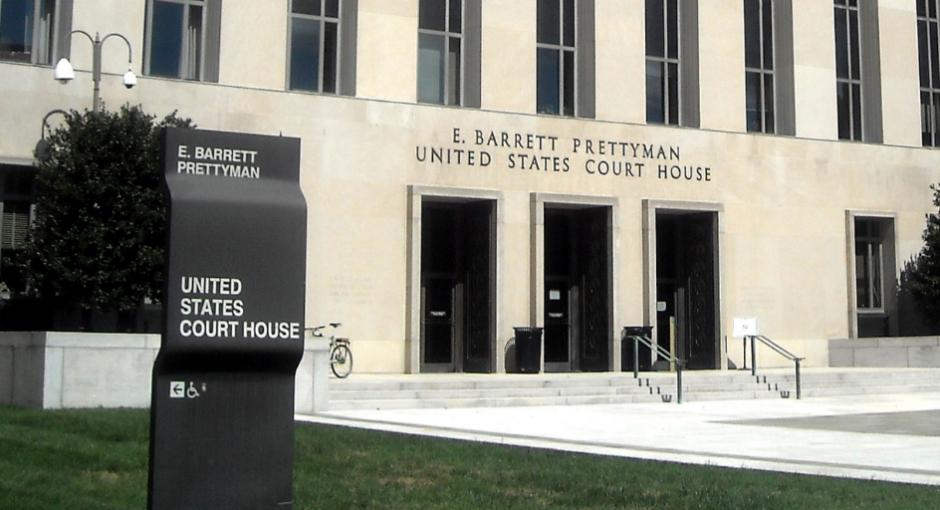The U.S. Health and Human Services Department (HHS) can “move forward with implementing” the stalled 340B administrative dispute resolution (ADR) process, and it is “actively considering additional options for agency enforcement of the 340B statute” against drug manufacturers denying 340B discounts on drugs dispensed by contract pharmacies, the federal government and Ryan White Clinics for 340B Access (RWC-340B) told a federal district judge yesterday.
The government and the group did not say what the other enforcement options were, or when they might be taken.
The government and RWC-340B disclosed the two major developments in the fight over 340B contract pharmacy in an April 19 joint status report to Judge Ketanji Brown Jackson of the U.S. District Court for the District of Columbia. RWC-340B is suing HHS to force it to act against drug manufacturers that have stopped offering 340B pricing or imposed pharmacy claims submission requirements on drugs that patients get from contract pharmacies.
RWC-340B sued HHS last October, in part, to force it to issue final 340B ADR regulations, which the department did in December. The regulations took effect in January. Two community health centers that are co-plaintiffs with RWC-340B filed ADR petitions against drug manufacturer AstraZeneca, contending it violated the 340B statute by declining to ship 340B discounted drugs to contract pharmacies. The National Association for Community Health Centers, which sued HHS separately also to force it to issue the ADR rules, filed ADR petitions on behalf of its members against AstraZeneca and manufacturers Sanofi and Eli Lilly.
The ADR final rule directs the HHS secretary to appoint an ADR board with at least six members, from which three-member ADR panels can be formed to review claims and make binding final agency decisions. Ex-HHS Secretary Alex Azar made appointments to the board on the morning of Jan. 20, just hours before the presidential transition. In one of its first actions, the Biden administration on Jan. 21 withdrew Azar’s appointments along with a number of last minute Trump administration actions.
Last month, the U.S. Health Resources and Services Administration (HRSA) informed RWC-340B and NACHC that all of their ADR paperwork was complete, which should have been the signal for ADR proceedings to commence. Action was stalled, however, because no one had been appointed to the ADR board.
In the joint status report to Judge Brown Jackson, the government and RWC-340B said, on Friday, the U.S. Health Resources and Services Administration (HRSA) sent U.S. Health and Human Services (HHS) Secretary Xavier Becerra’s office “recommended new appointments to the ADR Board to correct for shortcomings in the prior slate of appointments.”
“This will allow HHS to move forward with implementing the ADR Rule,” the two sides said. “HHS is also actively considering additional options for agency enforcement of the 340B statute,” they added.
Last month, a federal district judge in Indianapolis barred HHS from implementing or enforcing 340B ADR regulations against Lilly. In issuing her temporary injunction, U.S. District Judge Sarah Evans Barker said Lilly would likely prevail in court on its claim that HHS violated administrative procedures in finalizing the ADR rule. Evans Barker said she assumed HHS would want to promulgate “a procedurally valid rule” quickly to let 340B covered entities pursue ADR proceedings against Lilly.
There are no similar injunctions against ADR proceedings against AstraZeneca or Sanofi.
Barbara Straub Williams, an attorney for RWC-340B, said it it “is encouraged that HHS has taken steps to name a board and would like ADR petitions to be considered by ADR panels as quickly as possible.”


